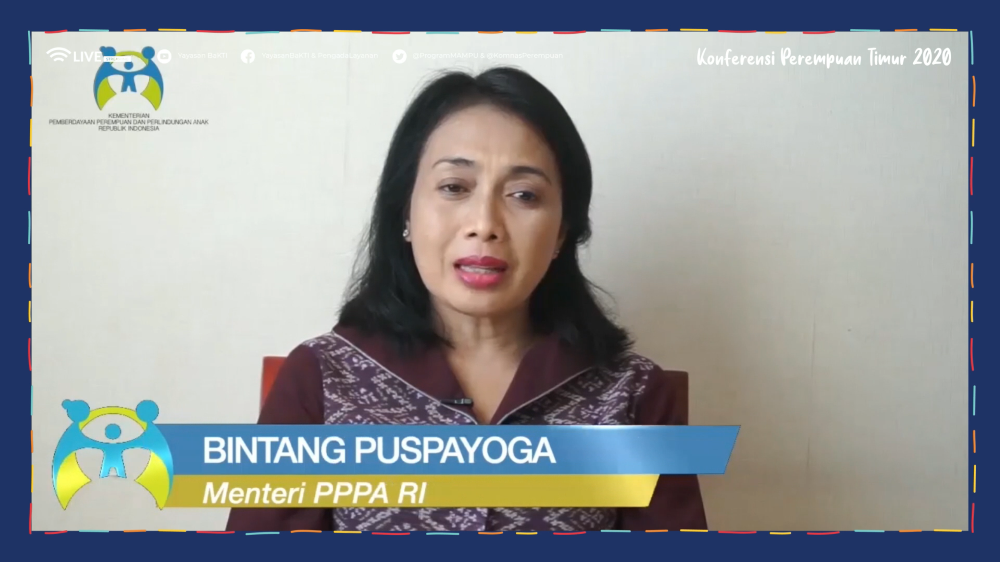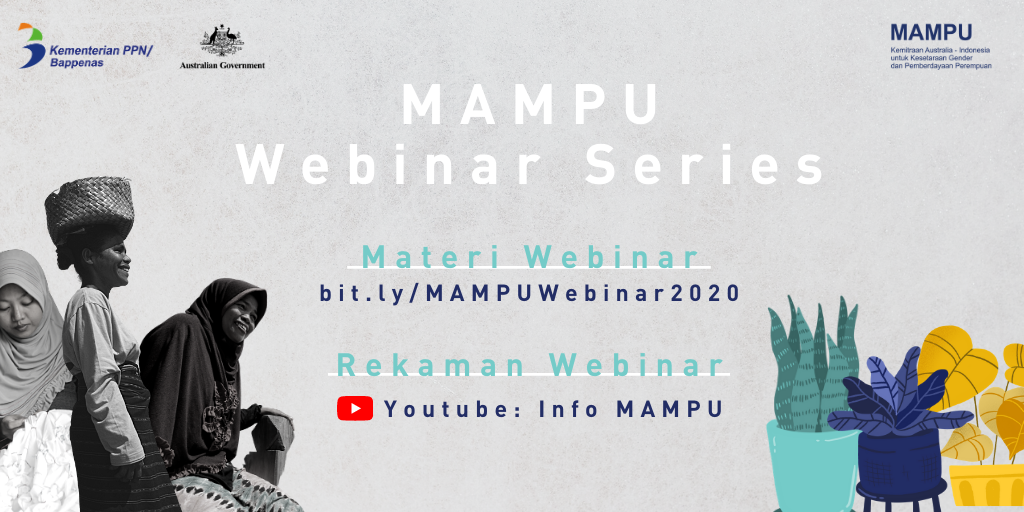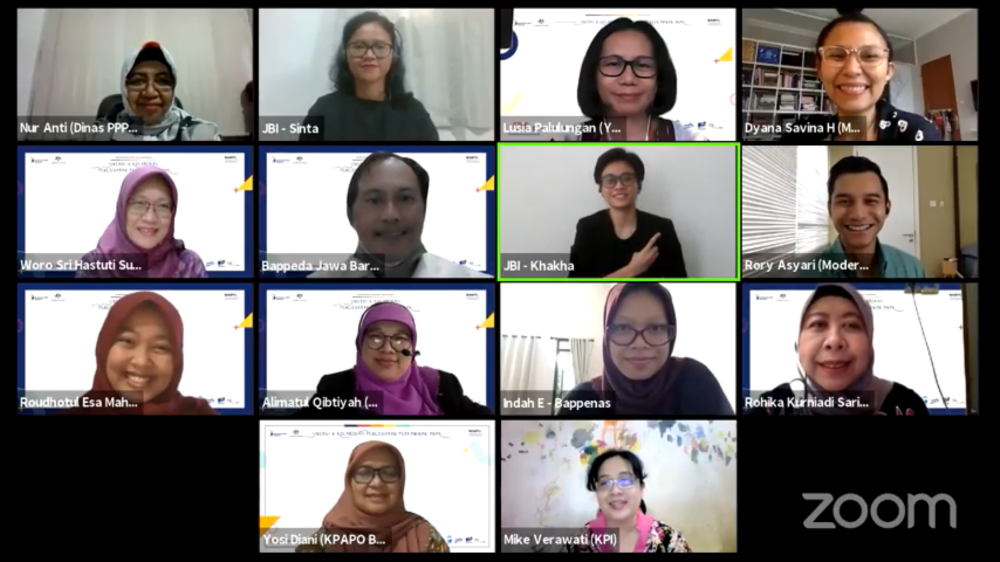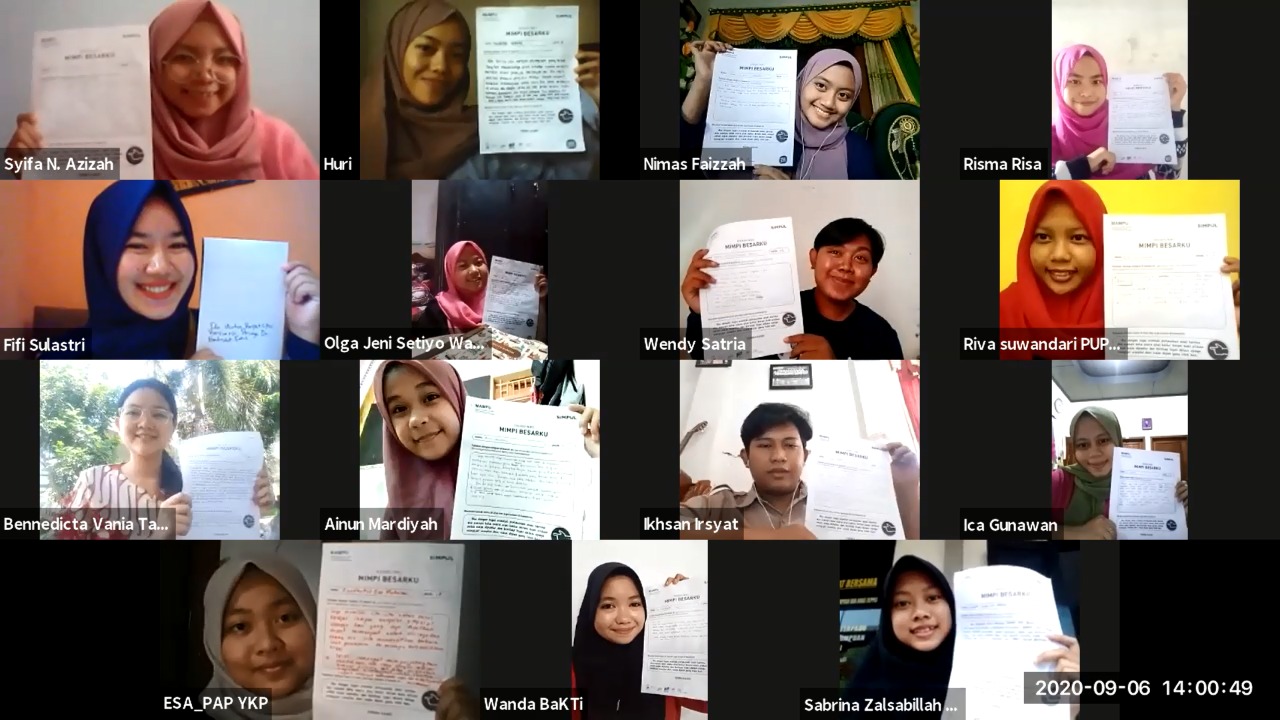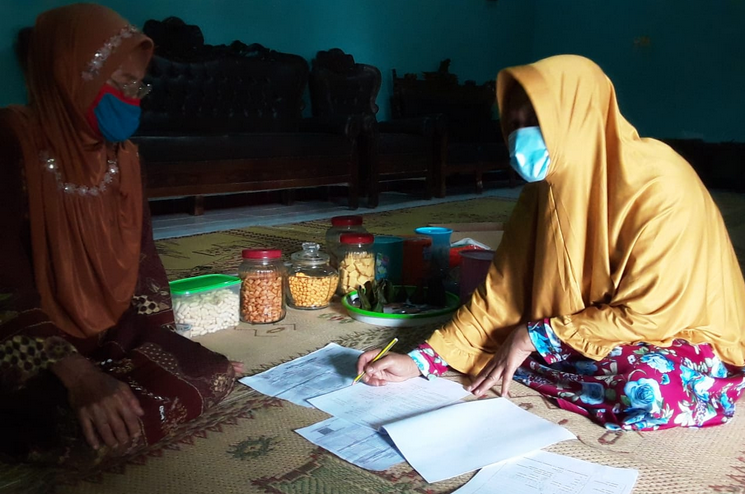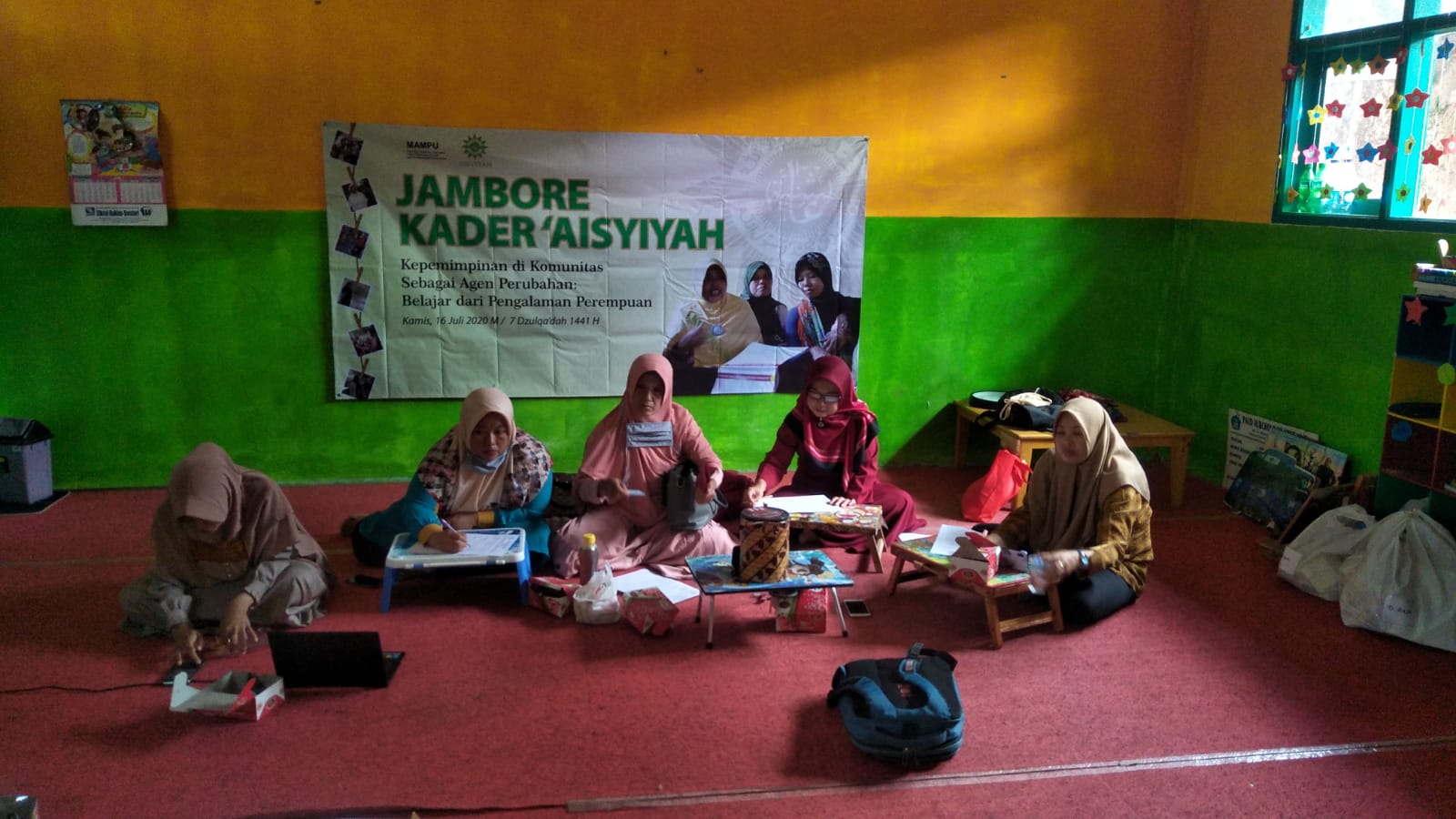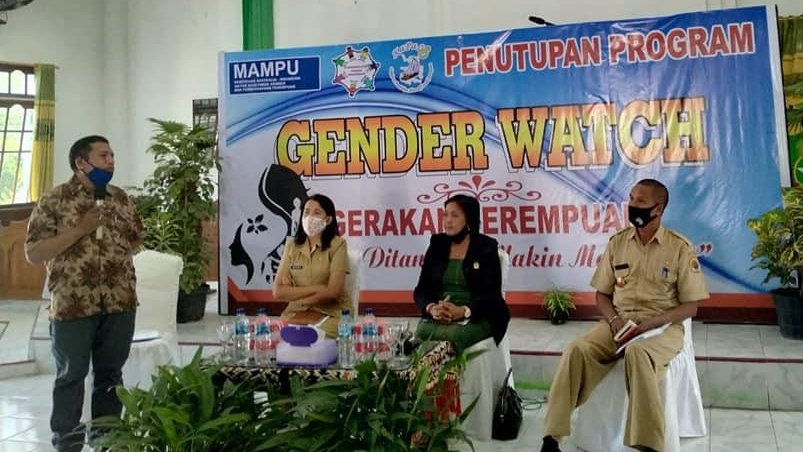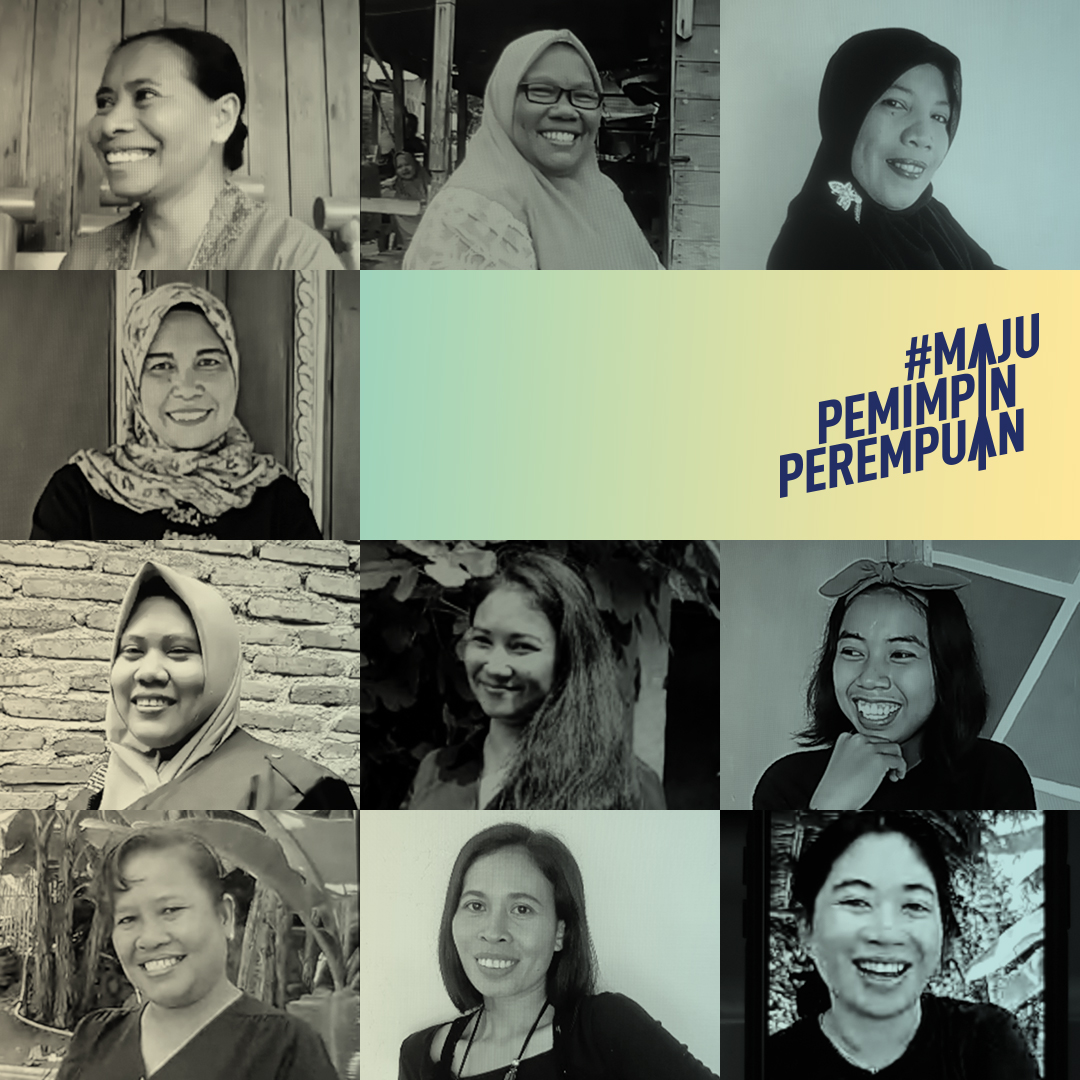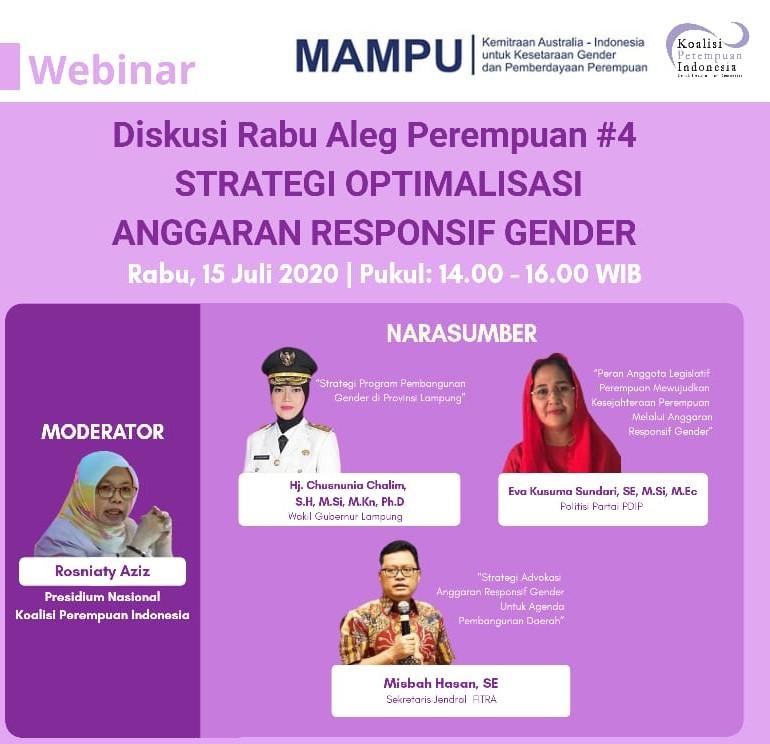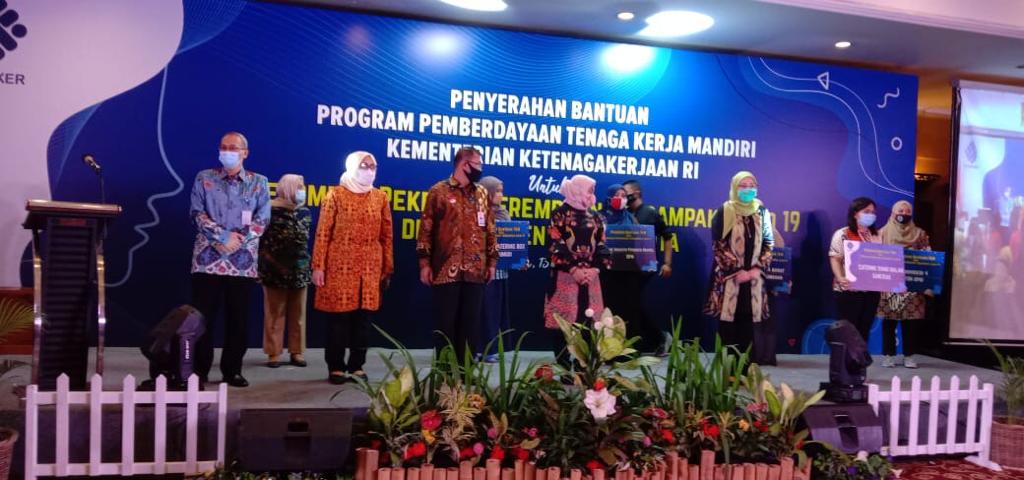Stories
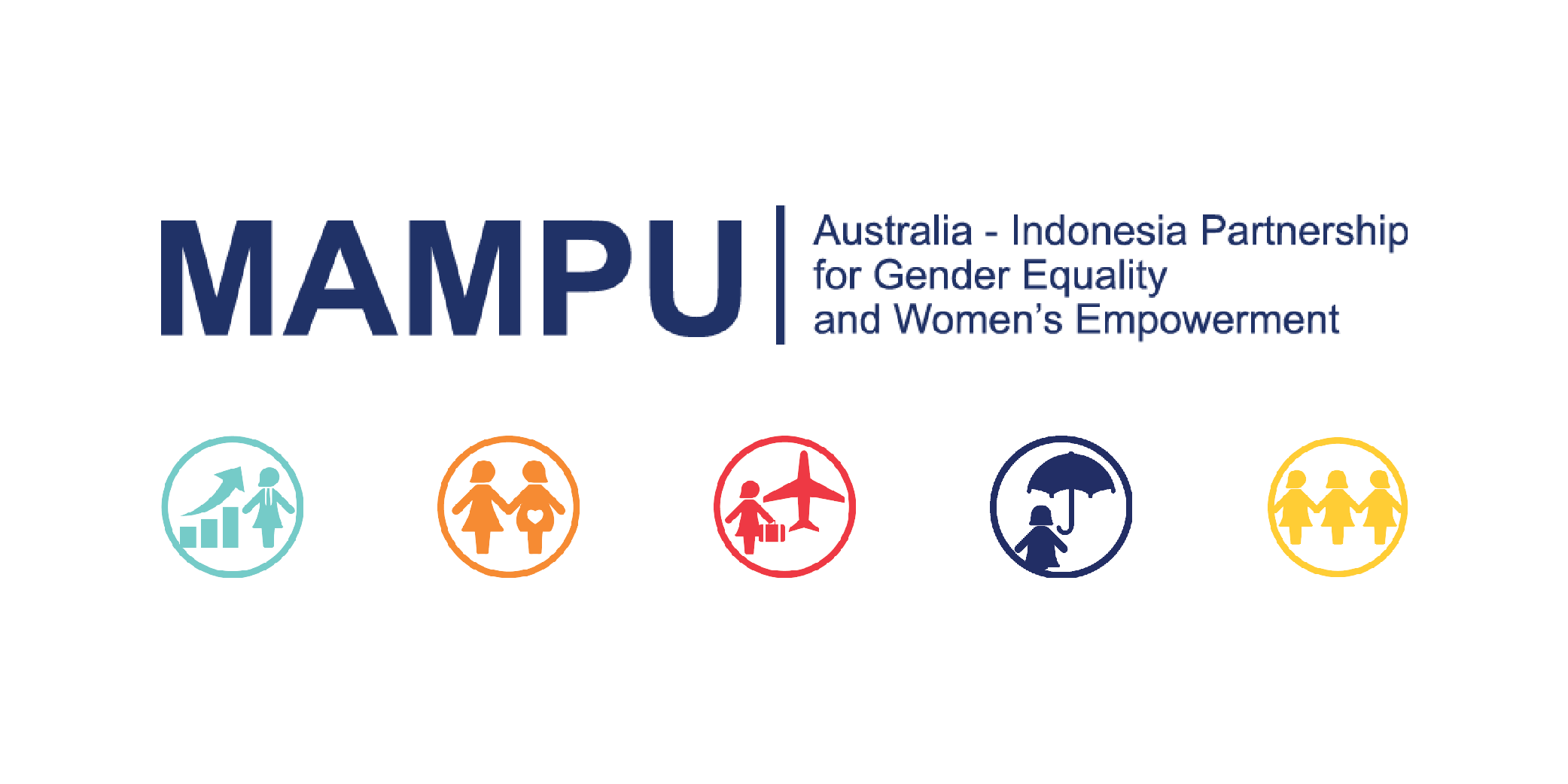
KH Husein Muhammad Fights Agaisnt Poverty and Women’s issues through Religious Networks
31 May 2015Author: admin
Being a speaker at conferences on poverty and women’s issues, is nothing new for Kyai Husein Muhammad. But the Women Inspiring Change Conference run by MAMPU in May 2015, according to him, acted as a reminder to us that the struggle for women’s equality still had a long way to go and was a struggle to change culture.
How Islam Views Poverty
“According to the Hadith texts, as well as interpretations by Islamic leaders, it is repeatedly emphasised that poverty will draw the people closer to disbelief. Poverty is a small death, a condition that can result in moral defeat,” said Kyai Husein.
The first example of the small death he mentioned was prostitution. He then invited us to look again at the victims of prostitution who were mostly women, especially poor women.
“Eighty percent of women who are victims of prostitution are poor women. Although almost every adult understands that fornication is forbidden by religion, when there are no other options to support a family, and one’s stomach is empty, and there are children who need to be fed and clothed, then common sense and morality can be lost,” he said.
Kyai Husein also raised the issue of child marriage as his second example.
“In certain areas, daughters are married off soon after they start to menstruate. It is an attempt to reduce the burden on the family. Then there are other issues that arise because of child marriage, such as pregnancy at a very young age, maternal and child mortality, divorce, sexually transmitted diseases and other social problems. Again, women are more often the victims,” he said.
He deplored the fact that religious institutions rarely focused on this issue and considered the problems faced by women to be woman’s problems, and not problems for everyone.
Kyai Husein saw something that offers new reason for hope at the Women Inspiring Change Conference run by MAMPU in the House of Representatives/People’s Consultative Assembly building complex.
“This National Conference raised the issue of women from the most easily accepted angles: violence against women and the issue of poverty,” said Kyai Husein who understood the difficulties in opening the eyes of leaders to women’s issues when the majority of the leaders were men.
“These issues have also been addressed by institutions that have been engaged in this field for many years,” Kyai added. He saw that poverty and violence could serve as one of the means of promoting gender equality, but it should be understood that criticising male dominated policies was difficult.
According to Kyai, who was the founder of the Fahmina Institute in Cirebon, when criticising men and their chauvinism, critics were treated as if they were criticising God. Religious supposition would be used as justifications, and this could only lead to endless debate.
He believed that discussion of gender issues by focusing on something about which all people have the same concerns, such as poverty and violence, would make the process much easier.
However, Kyai reminded us to think of ways to not let the movements to be reactive, meaning that they were only lively and active when it has been too late and they only treated matters on the surface.
“Every leader should be urged to think about it more deeply. Why is the face of poverty a women’s face, and why is there violence against women? Look for the root causes. If we only treat wounds that are visible, then this will be a cycle. As long as the perspective on women remains the same, then the cycle of violence and poverty will continue. Women will continue to be the victims,” he said.
Discriminatory policies
In the MAMPU National Conference, one of the topics that was addressed by Kyai Husein was discriminatory in Local Government Regulations.
“When the state is tasked with the obligation to protect its citizens, especially women, it has often responded with legislation that actually confines women. Ideally, the kind of protection hoped for by women is protection that is not protectionist,” said Kyai. He said that this kind of protectionism arose because policy often protected people by restricting them. He asked about there being protection which did not limit our existence, anytime or anywhere, but instead kept us safe.
He then invited us to look at the facts on the ground nowadays where women were engaged in many activities to earning a living. Restrictions on women’s access to livelihoods outside the home would lead to many needy families having to live in deprivation. “The poverty of women is the poverty of families, communities and nations,” he said.
At the end of the interview, Kyai Husein reminded us that the struggle for equality was never easy. According to him, this was because it was not just a women’s struggle, but a struggle for culture. It would take centuries, because the thing that people were trying to change was a tradition.
“Viewpoints about the differences between men and women have existed for so long. Initially this view was the result of religious thinking, but as it was repeated continuously it became as if it was the product of the religion itself. Therefore, straightening out the views on the differences between men and women could be considered criticising God. And yet this is not what is actually happening,” said Kyai Husein.
He also reminded us that many people did not like change because it disrupted stability. However, he advised those who fought for equality not to stop their struggle. If they stopped, then the objectives of equality, reducing poverty, and stopping violence against women, would never be achieved.




